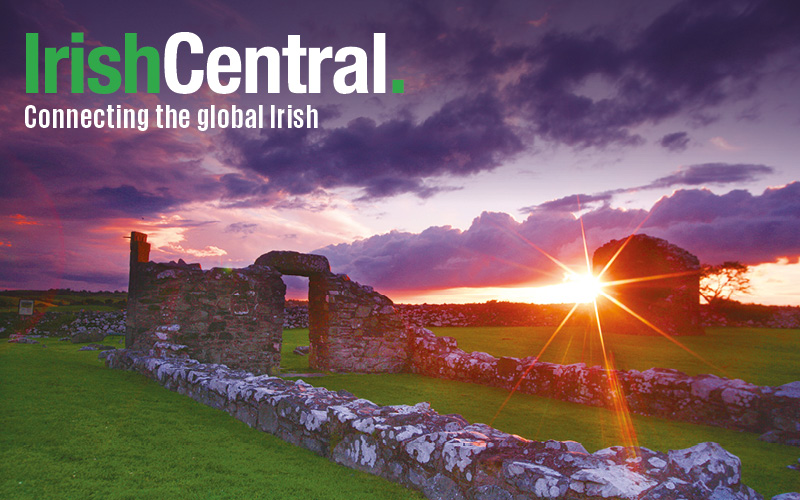DUBLIN - This is a country undergoing a transformation as it heads into 2008, except no one seems quite certain what that change will be. Will Ireland continue to be the poster child for progress in Europe, or will the long anticipated economic slowdown begin to bite and bring the forward progress to a shuddering halt?
You will get advocates on both sides of the divide, but the reality appears to be that Ireland cannot continue at the breakneck pace it has enjoyed over the past decade.
There is no doubt that the high times of the Celtic Tiger are past. Even the Fianna Fail government, which has benefited greatly from the tiger, admits that the spectacular economic growth is over. The Economist recently noted that if Ireland had another decade like the last one in terms of growth it would truly be "a miracle."
There is no mystery about how the Celtic Tiger happened. Ireland's low corporate tax rate for overseas companies made the country an ideal destination for inward investment as American companies in particular sought access to the European Union. The Celtic Tiger wins close to a quarter of all available U.S. manufacturing investment in Europe, although Ireland accounts for just 1% of the population.
Consider just how unique Ireland's 10% corporate tax rate was. Britain at over 30% is the next closest, while Germany at close to 60% has the highest corporate tax.
That combined with a skilled work force and government/union agreements on keeping wages relatively low compared to the rest of Europe fueled the Celtic Tiger.
Now, however, Irish wage costs have caught up and many new EU member states are offering better deals and increasingly skilled workers.
The effect has been the beginning of a slowdown. A casual perusal of the real estate listings will enforce that sense. The crazy amounts people were paying for property just a year ago have now started to descend to earth.
It may have a ways to go though. A decent apartment in Dublin is still far more expensive than a similar dwelling in Manhattan.
How far it will fall could deeply impact the future. Ireland is a country where owning your own home as opposed to renting is still the core goal of every couple who plan to get married.
During the boom years that became increasingly difficult. Many settled for homes in huge new sprawling suburbs, with poor transportation links and access to the cities where they worked. Nightmare commutes became part of the Irish lexicon.
Many of those new homeowners are at the center of the problem. They bought their houses for more than they are currently worth, and the Irish housing sector in particular is experiencing the kind of credit crunch that has imperiled so many homeowners here in America.
There is no doubt that the property sector was also at the heart of the Celtic Tiger boom. A recent RTE television program on the top earners in 2007 in Ireland showed that most of the top 10 were involved in property development of one kind or another.
Glaringly absent were the type of young Google entrepreneurs who make the American economy such a showcase. Was Ireland a one trick pony with its tax break access to Europe and property boom, or are there new areas where the Irish can prove innovators again?
That is the big question the country faces. The answer will come from the leaders of business and government who have had to show relatively little skill in recent years because they were managing in good times.
Will they be able to manage in bad times too? Can they create new business and investment models that keep Ireland that vital step ahead in Europe and attractive to U.S. investors?
Ireland has produced an impressive group of political and business leaders in the past decade, but this new situation will truly put them to the test. Whether they can master the new reality will determine whether Ireland can continue to forge ahead among European economies.




Comments